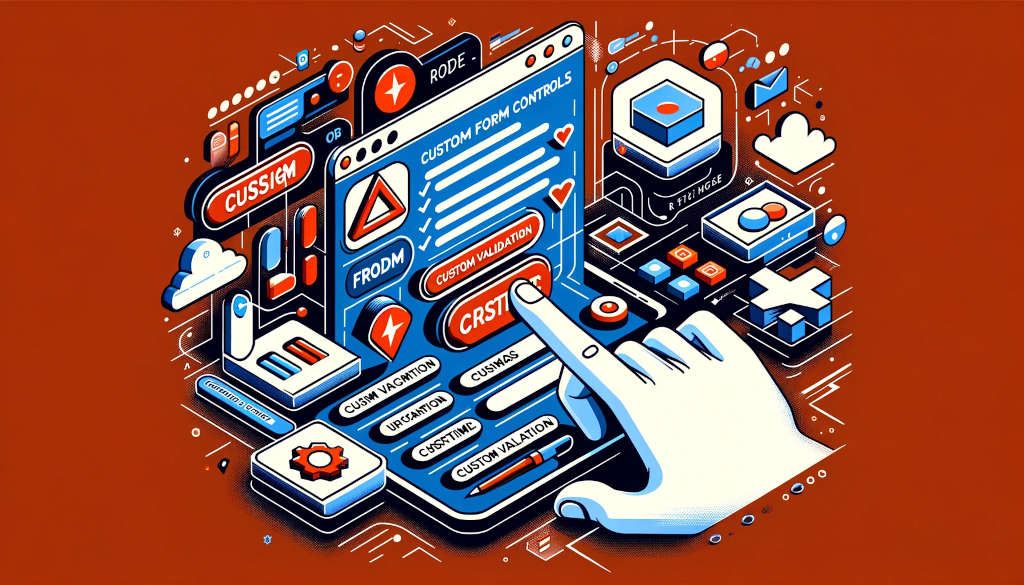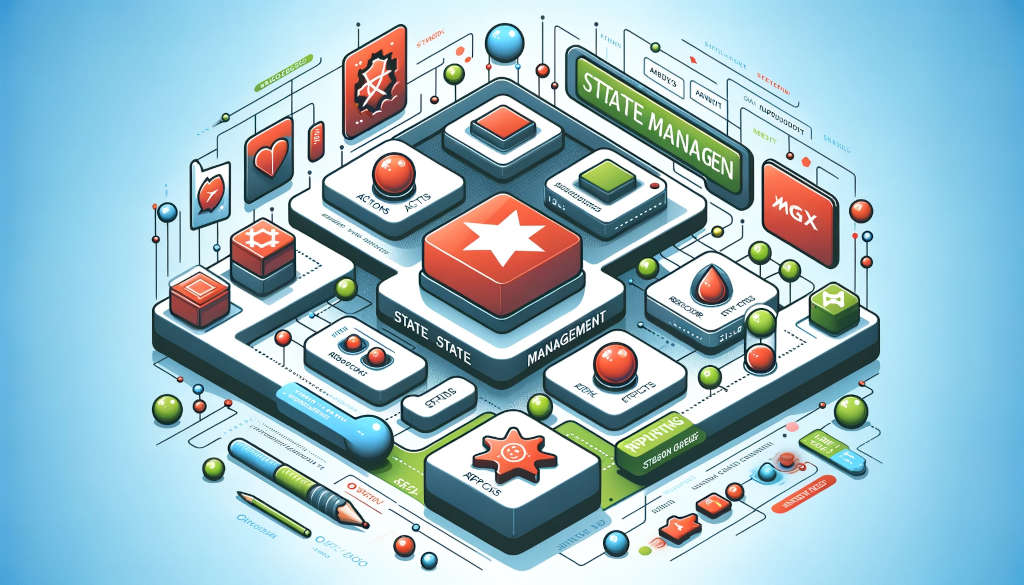Understanding the Shift
Market saturation in the design sector is not just about the increasing number of designers but also about the widespread availability of design tools and templates. These resources, while democratizing design, also lead to a homogenization of UI elements across platforms and applications. The result is a growing trend towards commoditized and standardized UI design, where differentiation takes a back seat to efficiency and scalability.
The Challenges of Commoditization
Commoditization in UI design poses a unique set of challenges. As designs become more standardized, the ability to stand out in a crowded market diminishes. Brands and software solutions risk losing their unique identity, getting lost in a sea of similar interfaces. This shift can impact user engagement, as homogeneous designs fail to evoke the delight and intrigue that come with innovative and personalized interfaces.
Strategies for Software Development Agencies
- Embrace Customization within Standardization: Agencies need to find the balance between leveraging standard design elements for efficiency and injecting custom, brand-specific features to maintain uniqueness.
- Invest in User Research: Understanding the target audience’s needs and preferences can guide the creation of tailored experiences that resonate with users, even within standardized frameworks.
- Focus on User-Centered Design: Prioritizing the user experience in design decisions can help create more engaging and intuitive interfaces, differentiating products in a commoditized market.
- Leverage Emerging Technologies: Exploring new technologies like AI and machine learning can provide innovative ways to create dynamic, adaptable, and personalized UI designs.
- Educate Clients on Value Beyond Design: It’s essential to communicate to clients that the value of a software product goes beyond just its UI. Factors like functionality, performance, and security are equally critical.
- Offer Comprehensive Solutions: Agencies should position themselves as one-stop shops, offering end-to-end solutions from design to development to support, thus adding value beyond just design.
The Future Landscape
The future of UI design in a saturated market is not just about adapting to standardization but also about finding creative ways to inject uniqueness and personality into designs. Software development agencies that can navigate this dual demand will be better positioned to offer value to their clients and stand out in the market.
Conclusion
Market saturation and commoditization in UI design present both challenges and opportunities. For software development agencies, the key lies in balancing efficiency with creativity, standardization with personalization, and offering comprehensive solutions that go beyond just design. By doing so, agencies can create compelling, user-centric products that resonate with clients and end-users alike in an increasingly homogenized market



